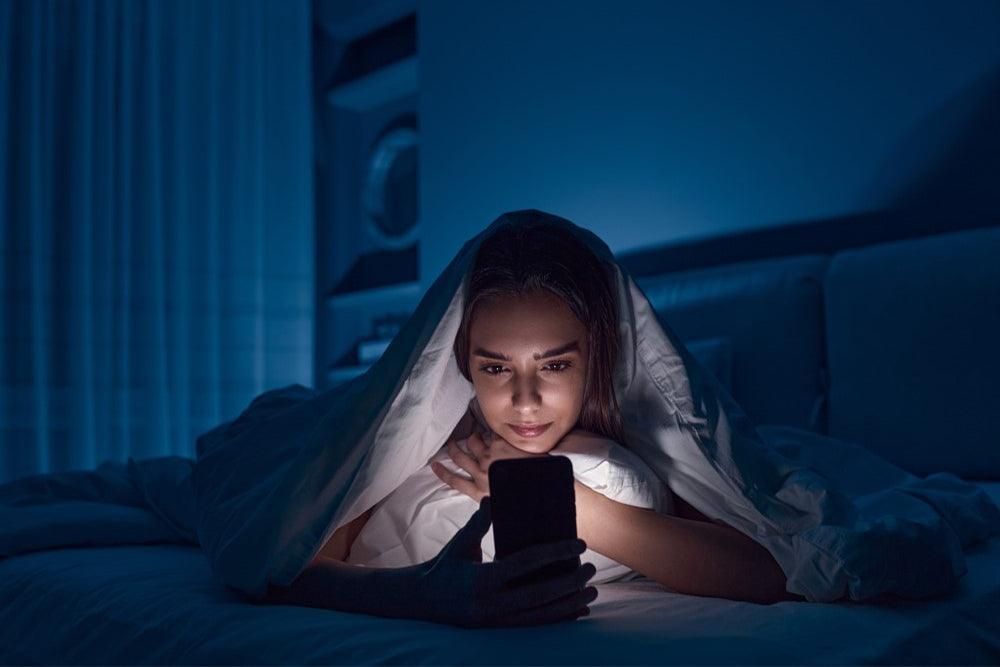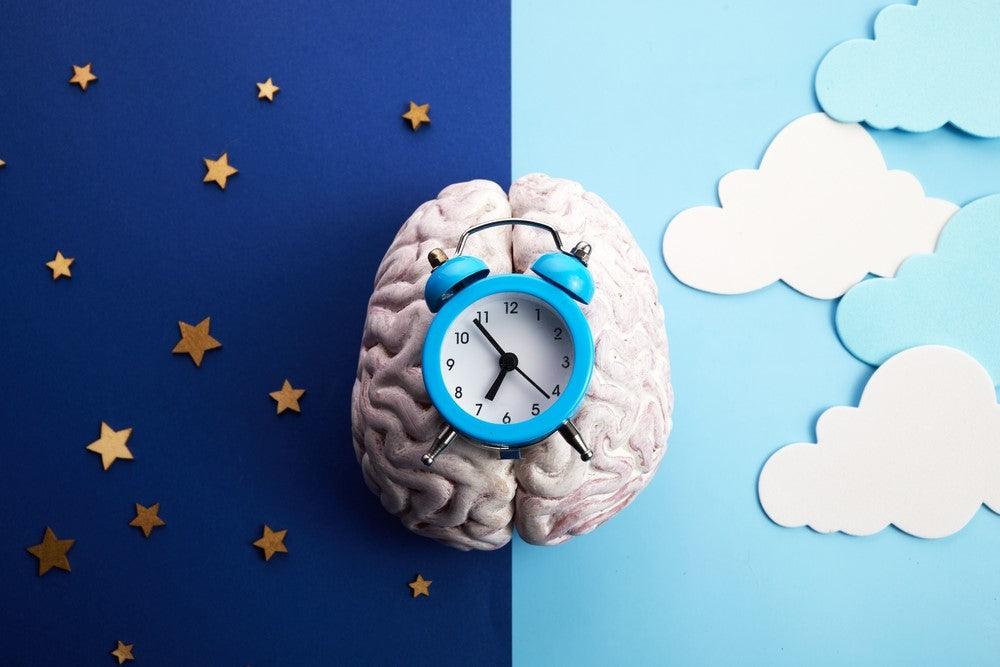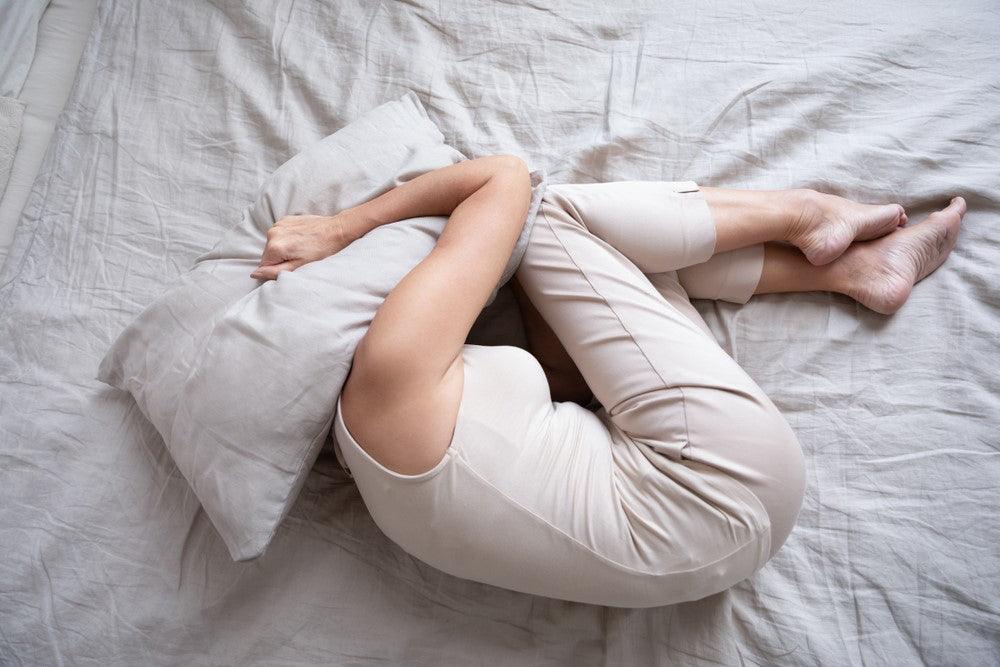
Do you watch TV series to fall asleep? Netflix isn't your sleep friend's best friend!

What is Binge-Watching? Many of us are unwitting victims!
Over the last decade, the explosion of streaming platforms such as Netflix, Amazon Prime Video, and Disney+ has led to the phenomenon of binge-watching, i.e. the prolonged and continuous viewing of online video content. In binge-watching, therefore, the person experiences a strong desire to binge on TV series and deliberately satisfies this desire by consuming one episode after another, to a greater extent than his psycho-physical state and the context of reference. When the binge eating of television episodes becomes repeated over time and is no longer occasional, it is called addiction. TV series are often a refuge for the psyche, they prevent the person from sinking into their thoughts or emotions, distracting them. Although this habit is often associated with the evening hours and the pre-sleep phase, its implications on the quantity and quality of sleep have been little investigated. In addition, few studies have examined the different aspects of this phenomenon, both problematic and non-dysfunctional.
The Relationship Between Binge-Watching and Bad Sleep
A recent study conducted by Dr. Alfonsi V. and colleagues, published in Open Access in the Journal of Sleep Research, focused on various aspects of binge-watching, both pathological and non-pathological, in two distinct groups of dormitories, those who sleep well and those who do not sleep well, identified through a specially developed self-report questionnaire. The results, in line with initial hypotheses and existing literature, revealed that bad dormers had higher scores in relation to the pathological aspects of binge-watching. In particular, behaviors of massive use of streaming platforms and the use of them to deal with negative emotions, isolate oneself from reality by watching someone else's lives on the screen, fall asleep in their shoes and not with one's own problems.
In addition, the study identified some factors that could predict adherence to these dysfunctional behaviors among bad dormers. Psychological aspects such as emotional dysregulation and social isolation seem to contribute to a pathological vicious cycle, in which sleep impairment can further increase pathological streaming use, thus fueling the behavior itself. Considering the steady rise of this phenomenon in the current digital age and the inevitable implications on sleep, it becomes increasingly important to investigate the relationship between binge-watching and the quality and quantity of sleep in the general population. Future research in this area is desirable and necessary for a deeper understanding of the balance between our digital life and our night's rest.
Basically, if you too have the habit of watching episode after episode of TV series to fall asleep, try to keep this habit under control and not let the situation get out of hand resulting in addiction. Beyond this, there is also to remember that the blue light of any technological device does not help you sleep because it inhibits the secretion of melatonin causing insomnia! If you're having trouble falling asleep, it's better to opt for reading a good book or, even better, the relaxation techniques also explored in our article!















Leave a comment
This site is protected by hCaptcha and the hCaptcha Privacy Policy and Terms of Service apply.